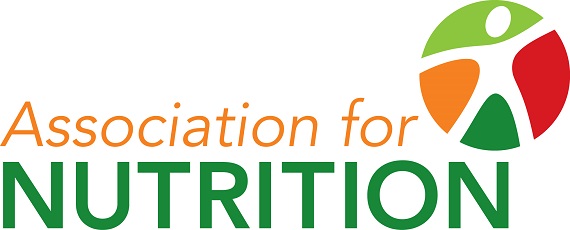Dietitian
The term often confused with all three professions. Typically Dietitians work for the NHS with some working in private hospitals and surgeries, private clinics and others in the food industry, research, media, government, NGOs and education settings.
Dietitians are trained health professionals who most commonly work in a healthcare setting working with patients, creating eating plans to support those with medical conditions and helping those who may not be able to chew, swallow or digest food particularly well - ensuring they receive the appropriate nutrition they need. For example a Dietitian may help a patient with Coeliac Disease (an autoimmune disease whereby the body reacts to gluten) to alter their diet to exclude gluten, whilst they will also work with patients who are fed via a peg, this is known as enteral feeding, which is fitted directly into either the stomach or small intestine and food is fed in liquid form via a tube. In order for patients to be seen by a Dietitian they generally have to be referred by their GP, or if in hospital a doctor will request the patient be seen be the Dietitian.
The title of "˜Dietitian` is protected by law and only those having undertaken either a 4 year undergraduate degree in Dietetics, or a postgraduate course in Dietetics, can register with the Health Care Professions Council (HCPC), and therefore are legally permitted to describe themselves as a Dietitian and to use the letters "˜RD` after their name. You can check whether your Dietitian is registered with the HCPC by visiting the website.
The British Dietetic Association (BDA) is the trade union for Dietitians, with 80% of Dietitians registered with the HCPC being a BDA member. It acts to protect their title, represents the profession and provides support to its members in various aspects of their career.




